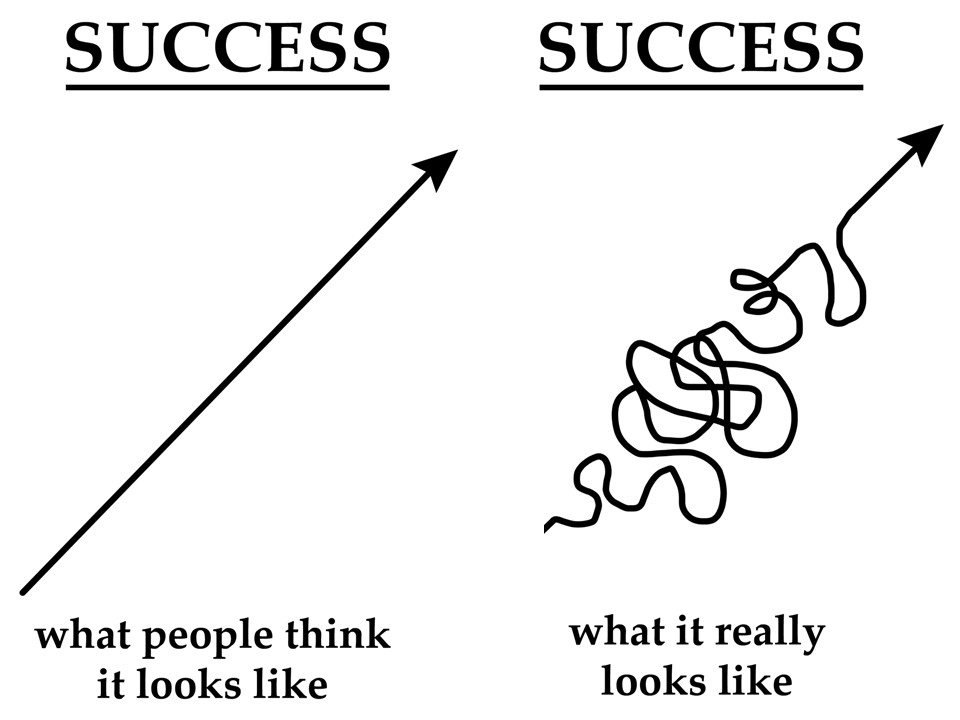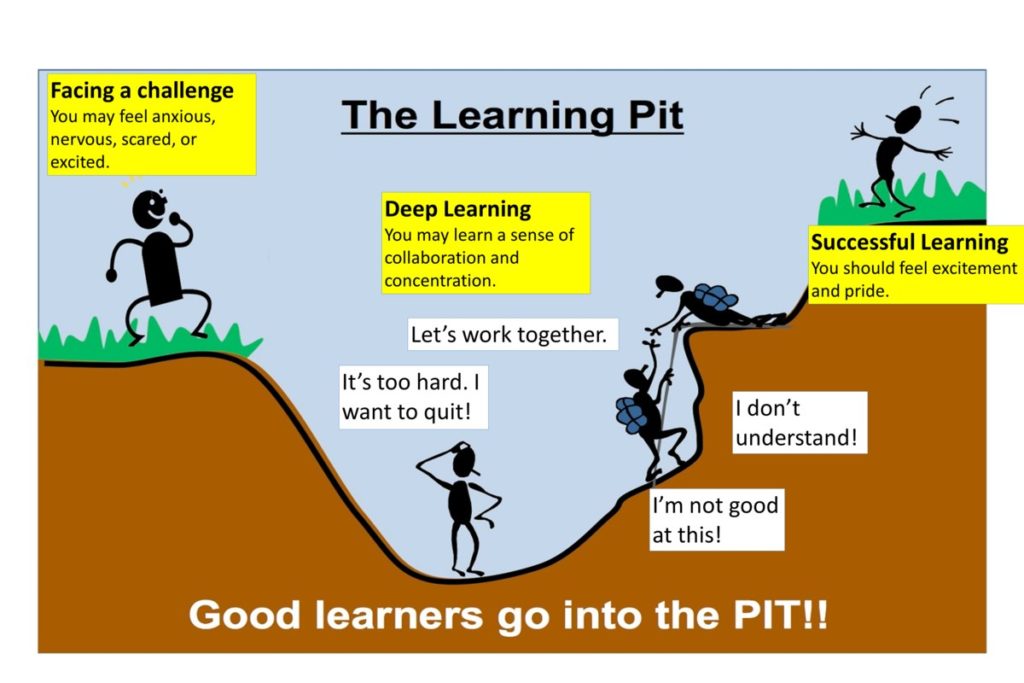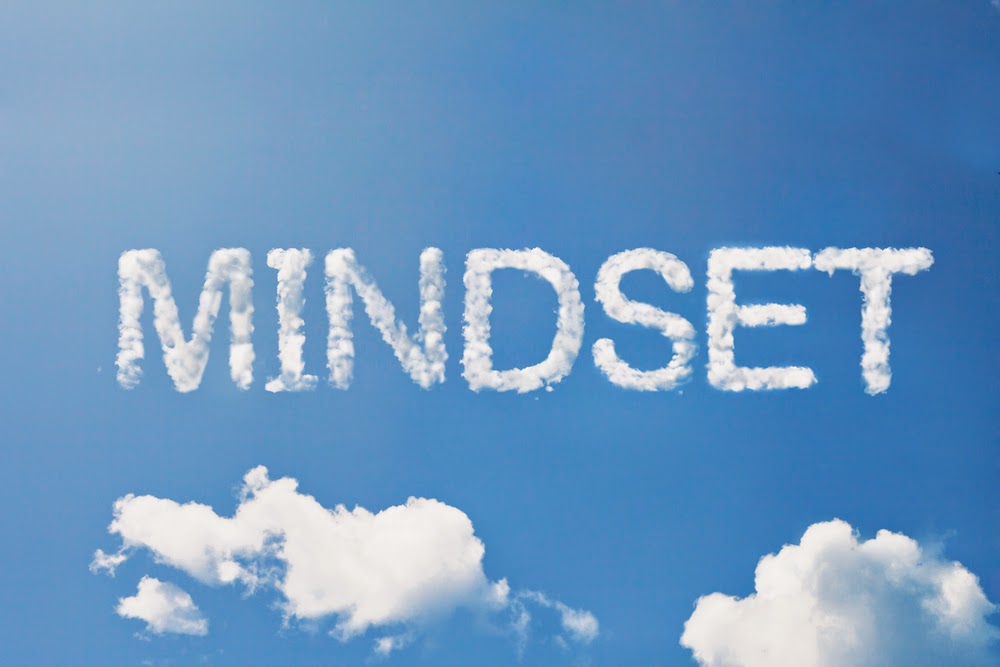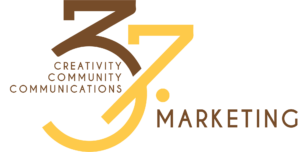Changing Mindsets
By Clare Erasmus

GROWTH MINDSET
Growth Mindset is the buzz word across educational domains worldwide. Educators are hard at work at opening up children’s development to promote growth mindsets. Children at schools, as young as five are demonstrating an understanding between fixed and growth mindsets and the future for them is unstoppable with this shift in mindset.
Dr Carol S. Dweck is the guru behind the theory of two mindsets. Her research explored the mindsets, their role in both self-regulation and motivation and how they make an impact on achievement as well as interpersonal processes. Her research highlights how powerful our basic beliefs, conscious or subconscious, are. Essentially they affect what we want and whether we will succeed in getting what we want.
LANGUAGE
The way we as parents and educators communicate with our children can have profound effects on children and how they set their mindsets. In this article today, I hope to share some ideas about the way we can respond to children in the hope of promoting a healthy growth mindset.
As an educator and parent, I am constantly talking to my children about showing a growth mindset. In the classroom, earlier in the year, we explored the brain as an overarching theme. Within this, the children learned about the brain and function, mindfulness and how they can deal with challenges they face by using a growth mindset. It is encouraging to see how quickly children’s mindsets can change when they are supported in the right way.
WHAT DOES SUCCESS LOOK LIKE?
Historically success has been understood as something with direct access. In reality, there are many ebbs and flows, wins and gains, obstacles, coupled with a plethora of mistakes along the way.

Image taken from https://www.kevincsnyder.com/what-success-really-looks-like/
THE POWER OF YET
Meeting those mistakes and facing those challenges can create misery. However, these are the places where most learning and growth takes place. Recognising this as a place, space and time for growth and development is fundamental.
Many researchers, academics, educators refer to the power of YET. This is a significant turning point for abandoning fixed mindsets. Using the word YET is acknowledging the concept of abilities being able to develop. Rather than running away from mistakes and challenges and ‘throwing the towel in’, engage with the mistakes and challenges. Changing thoughts from “I can’t do this”, to “I can’t do this, YET”, is extremely powerful and compelling as it demonstrates a growth mindset. Dweck refers to the ‘now’ and ‘yet’ and once individuals notice that they may be facing a challenge now, but there is the pathway of overcoming it, is what growth mindset is all about. On the other hand, being trapped in the tyranny of ‘now’ shows a fixed mindset.
CONSTRUCTIVE FEEDBACK
In our lives receiving feedback can feel threatening and extremely deflating, but changing our lens from which you view feedback can be empowering. Receiving constructive feedback is an opportunity to develop, grow and improve. In my classroom, we give each other constructive feedback all the time. At first, it was met with disappointment, and feelings of failure. Nowadays, the children take the feedback constructively and use the information to improve whatever they are working on. As an adult, I have developed my lens through which I receive feedback too. It has changed my life significantly. Things that I thought I was doing well, I am doing even better in now, because I am receiving feedback, using it and acting on it. These days when I hand in projects, I ask for constructive feedback.
MAKING MISTAKES
Making authentic mistakes is an opportunity for our brains to develop as we ponder through how the mistake eventuated and how to rectify it. Neurological research around brain plasticity highlights the critical role of mistakes. Making mistakes is fundamental to learning. It is a time when the brain is challenged, and during times of struggles is when growth and development take place. The networks in our brain respond appropriately. We should be encouraged to reward not only successful outcomes but the process of learning too.
APPROACHING PROBLEMS
Changing mindsets requires retraining our thoughts about how we approach challenges and mistakes. In the classroom, we help children to shift their thoughts in a variety of ways. We encourage students to think, rather than saying ‘I can’t do this, try thinking, ‘How can I improve?’ Instead of staying ‘This will do – I will hand my work in like this’ to thinking, ‘Is this my best? Is there anything I could do to make it even better than it already is?’ When faced with a learning challenge, instead of saying ‘This is too hard, I will never do this’, to try thinking, ‘This may take some time and effort. I can’t do it yet, but with effort, I will be able to’. Similarly, when finding something difficult, as opposed to thinking, ‘I cannot do this’, consider, ‘Let me try to solve this in a different way. I will try a different strategy.’ Likewise, as parents and educators, we can encourage children by the feedback we give them. Rather than saying ‘That was really hard, I am glad we don’t have to do it again!’ We can say, ‘That was a challenge and you really persevered and got through it. Next time you will know how to approach this.’
There are many different ways to ‘rephrase and rewire’ our thinking when we face challenges. The above are just a few.
THE LEARNING PIT
As young learners, showing this concept visually can be very helpful. The Learning Pit, otherwise known as a learning challenge, is a visual showing what learning looks like when they might come across a challenge. It was originally created by James Nottingham. Essentially, we want children to be cognitively aware of facing a challenge. We want children to know that they are in the learning pit and that it is a great place to be because it acknowledges learning and problem solving is about to take place. It is a place and space for growth and development.

(Image taken from https://www.carlislecsd.org/apps/pages/index.jsp?uREC_ID=702419&type=d&pREC_ID=1135126 )
THE FUTURE
Raising a generation of children who are afraid of making mistakes, who are terrified of blundering is counterproductive. Giving children the tools to deal with unravelling mistakes and challenges, creates learners who can problem solve. We want to raise a generation of people who won’t run from mistakes, but consider how to improve challenges the world faces.
REFERENCES
Dweck, C. (2012) Mindset: How You Can Fulfill Your Potential, New York: Random House.
Moser, J. S., Schroder, H. S., Heeter, C., Moran, T. P., & Lee, Y. H. (2011). Mind Your Errors Evidence for a Neural Mechanism Linking Growth Mind-Set to Adaptive Posterror Adjustments. Psychological Science, 0956797611419520.
About the Author: Clare is an author and educator, living locally in Christchurch. She has written books for both educators and children. She has a Bachelor of Arts (Sociology and Legal Studies), Bachelor of Arts Honours (Sociology), Masters of Social Science, Bachelor Education, Certificates in both TEFL and TESOL and is currently undertaking her PhD in Education.










